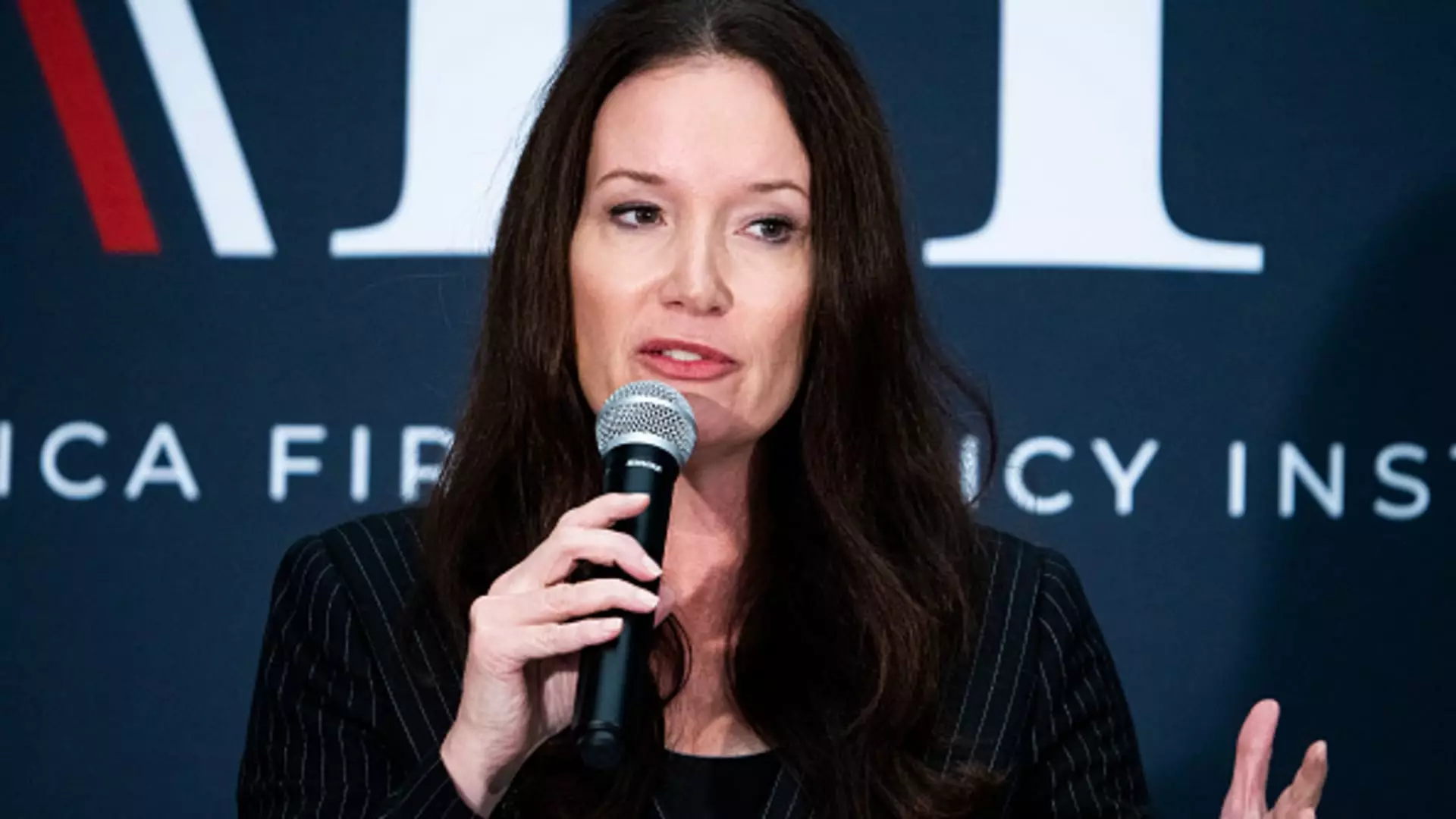The selection of Brooke Rollins as the U.S. Secretary of Agriculture by President-elect Donald Trump signifies a strategic pivot aimed at enhancing the agricultural landscape of America. Rollins, a prominent figure in the America First Policy Institute (AFPI), has been at the forefront of shaping policy in alignment with Trump’s vision. Leading an agency that employs approximately 100,000 individuals and oversees a staggering budget of $437.2 billion, Rollins would be entrusted with crucial responsibilities ranging from farm programs to food safety and rural development.
The Department of Agriculture plays an essential role in American society, impacting everything from nutrition and trade to environmental sustainability. Rollins will be tasked with not only preserving but also advancing the interests of American farmers, a demographic Trump has consistently identified as vital to the country’s strength.
Rollins’ appointment has far-reaching implications. The agriculture sector is already navigating the complexities of international trade, especially with ongoing negotiations surrounding the U.S.-Mexico-Canada Agreement (USMCA). Disputes over various import bans and tariffs, including Mexico’s stance on genetically modified corn, will be critical challenges for Rollins as she steps into this pivotal role. Furthermore, her position will influence the administration’s approach to dietary recommendations and agricultural research, crucial for ensuring food security and public health.
As an advocate for rural America and agriculture-dependent communities, Rollins will also need to focus on issues like rural broadband access, an essential component for modernizing farming practices and connecting farmers to the resources they need. Her approaches and policies could significantly affect both rural economies and urban consumers, shaping their diets and food prices alike—resulting in a ripple effect throughout the economy.
With Rollins coming from a think tank that has closely aligned itself with Trump’s agenda, her tenure could mark a renewed focus on protectionist measures. Trump has previously indicated plans for imposing sweeping tariffs that could reshape the economic landscape for American farmers. Given the fragile state of agricultural markets, her decisions in this domain may have significant ramifications. The balance between averting international trade disputes and advocating for domestic growth creates an intricate policy challenge.
Additionally, as the country grapples with the implications of climate change, Rollins might find herself at the intersection of traditional farming practices and the push for sustainable solutions, including the promotion of clean fuel tax credits for biofuels. This evolving landscape demands innovative thinking to navigate the demands of environmental responsibility alongside economic viability.
Brooke Rollins’ leadership as Secretary of Agriculture can represent a transformative period for American agriculture, contingent on her ability to navigate complex international relations, uphold food safety, enhance rural economies, and adapt to the rapidly changing environmental landscape. As Trump transitions into his administration, all eyes will be on Rollins to see how she translates policy into practice and supports America’s agricultural backbone. The road ahead is fraught with challenges, but with her background and connections, Rollins could potentially steer the agriculture sector towards a stronger, more self-sufficient future.


Leave a Reply